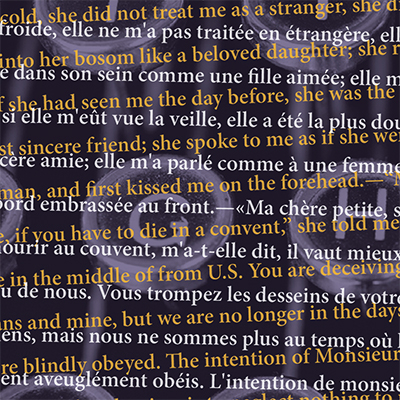
The contemporary humanities is largely concerned with the social and political function of texts and images, often at the expense of the meta-discipline’s long engagement with the uncanny, the visionary, the paradoxical, the otherworldly, and the abject. But it may be these latter concerns that become most salient in the humanistic encounter with contemporary AI and its exploding impact on culture and consciousness.
Drawing from ideas developed in his book High Weirdness (MIT Press, 2019) and his Substack newsletter, Burning Shore, Erik Davis explores how the concept of the weird helps illuminate the speculative and reality-bending properties of AI discourse and practice — as algorithms, machine learning, and massive data sets open up an ontologically unstable space of mythology, weird fiction, and dreamlike encounters with the simulacrum.
Erik Davis is the author of the celebrated cult classic TechGnosis: Myth, Magic, and Mysticism in the Age of Information and, most recently, High Weirdness: Drugs, Esoterica, and Visionary Experience in the Seventies. He explored the “cultures of consciousness” in his groundbreaking podcast, Expanding Mind.

